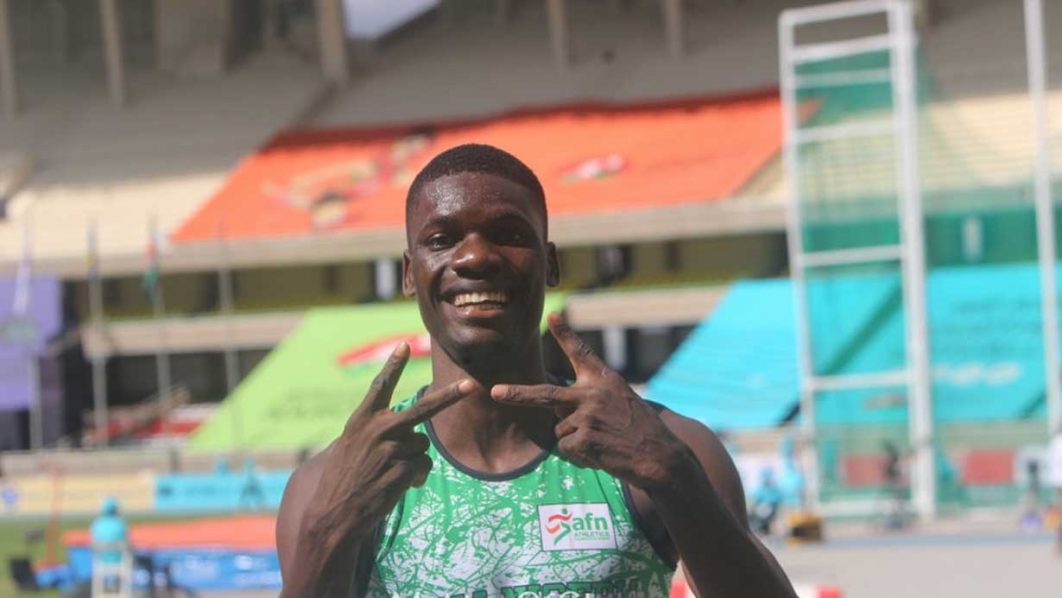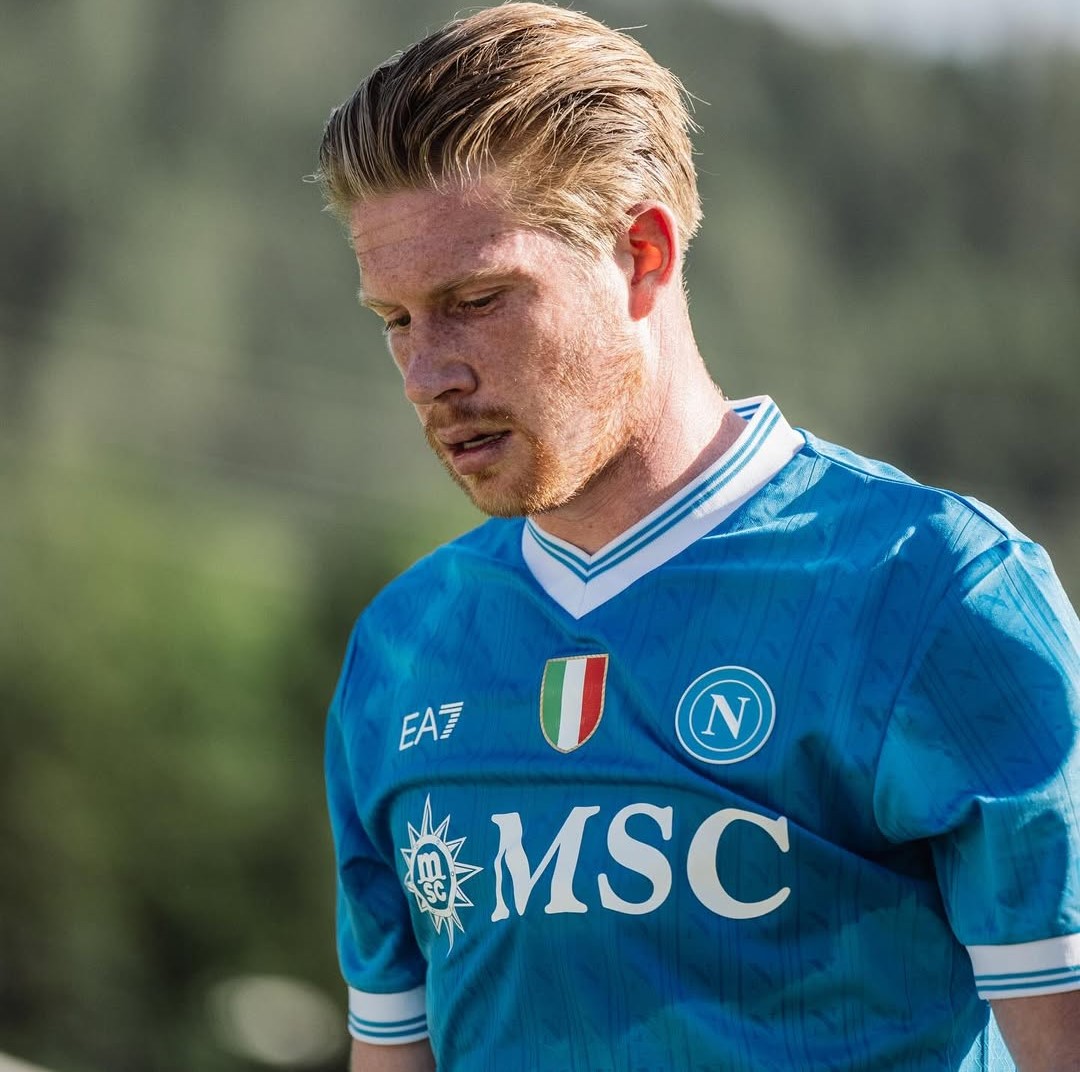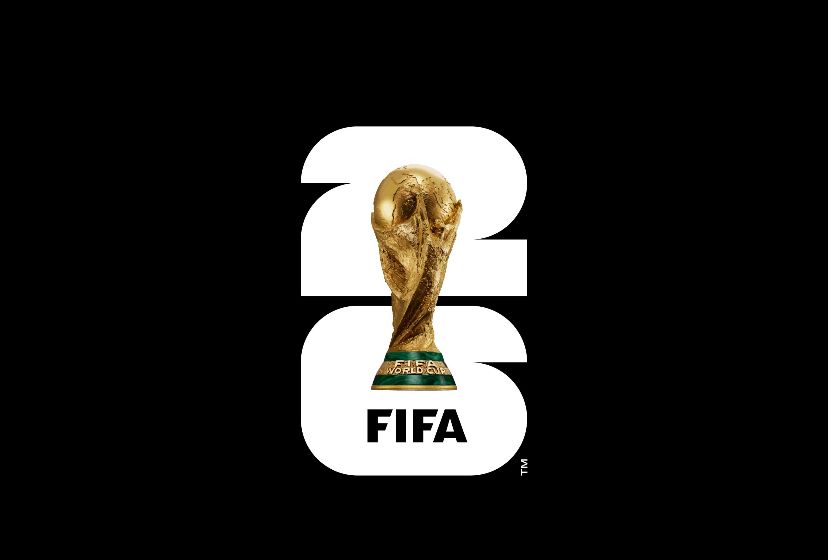Excitement rippled through Nigeria’s athletics community on Monday as Ezekiel Nathaniel delivered a powerful performance at the World Athletics Championships in Tokyo, earning his spot in the men’s 400 metres hurdles semifinals. Nathaniel’s feat did not just bring pride to the nation—it also drew significant attention across West Africa as fans gathered in viewing centres, living rooms, and university campuses to track his journey on the global stage.
The Race: How Nathaniel Booked His Semifinal Ticket
At just 21 years old, Ezekiel Nathaniel, who currently boasts Nigeria’s national record in the men’s 400m hurdles, demonstrated maturity and poise often reserved for more seasoned athletes. Entering the final heat of the competition’s opening round, pressure was high but Nathaniel maintained laser focus. He cruised through the early phases of the race before accelerating in the final stretch, clinching first place with an impressive time of 48.37 seconds.
Trailing close behind was America’s Caleb Dean, finishing in 48.67 seconds, while Brazil’s Francisco Dos Reis Viana followed with a new personal best of 48.69 seconds. Despite fierce rivalry and a field stacked with experienced hurdlers, Nathaniel’s tactical pacing and powerful close secured his place among the event’s leading contenders.
Comparing the Heats: Where Does Nathaniel Stand?
Across all the heats, Nathaniel’s time put him tenth overall, an achievement that reflects both his consistency and competitiveness at the international level. Fielding questions after the race, Nathaniel said, “It’s all about staying focused and executing the plan. I’m grateful for the chance to represent Nigeria and keep pushing.”
For context, the men’s 400m hurdles is known for its unpredictability, with top athletes sometimes falling short due to a single misstep at any hurdle. Nathaniel’s ability to remain composed under such pressure has added a fresh sense of optimism about Nigeria’s prospects at this year’s championships.
Nigerian and West African Reactions: A Source of Pride
News of Nathaniel’s qualification sparked a wave of celebration, especially among young athletes and coaches who see him as a role model. Social media platforms in Nigeria, Ghana, and neighboring countries quickly filled with congratulatory messages, hashtags like #GoNathaniel, and video clips from the race. Olumide Adeyemi, an athletics coach in Lagos, commented, “This kind of performance motivates our youth. Nathaniel is proof that focus and hard work pay off.”
In Ghana, sports analyst Kwame Mensah noted, “It’s always encouraging to see West African athletes shine at world level. Nathaniel’s progress adds to our region’s growing track presence.” The surge in regional support suggests a community eager to rally behind any athlete capable of taking on the world’s best.
The Road Ahead: Facing World and Olympic Medalists
Next up for Nathaniel is the semifinals, scheduled for Wednesday. This round will not only test his speed but also his ability to handle pressure from the world’s elite, including Olympic and world titleholders. Recent years have seen the men’s 400m hurdles become even more competitive, with world records tumbling and tactical innovation influencing results. Nathaniel will need to bring his A-game to progress further but, by making it this far, he has already positioned himself among track and field’s rising stars.
As Nigeria’s only male representative in the event, his journey is especially poignant, carrying the hopes of a nation and inspiring young Nigerian and African athletes watching at home.
Analyzing the Impact: What Does This Mean for Nigerian Athletics?
Nathaniel’s achievement underscores several positive trends in Nigerian athletics:
- Growing Investment in Track and Field: Grassroots programs and scholarships have begun to bear fruit, with more athletes like Nathaniel breaking through to international competition.
- Youth Development: At 21, Nathaniel is part of a new generation bypassing old barriers and showing increased technical discipline in events that demand both speed and technique.
- Regional Collaboration: With Nigerian and Ghanaian communities both celebrating his achievement, there’s increased appetite for regional competitions and shared training resources.
Speaking to NowahalaZone, Abuja-based sports analyst Bola Ogunbiyi put it this way: “Nathaniel’s journey is not just about one man. It’s about what can happen when federations, coaches, and communities invest in good talent. If Nigeria continues on this path, we could see a surge in world-class hurdlers from West Africa.”
Challenges Ahead: Staying Consistent on the Global Stage
Despite the euphoria, challenges remain. Many Nigerian athletes have cited inconsistent funding, administrative delays, and limited access to world-class facilities as ongoing hurdles to global success. Sustaining and building upon moments like Nathaniel’s qualification requires more than just individual talent—it calls for long-term commitment from sporting bodies and sponsors alike.
Additionally, with international competition growing ever fiercer, the margins for error are razor-thin. To keep Nigerian athletics firmly on the world map, stakeholders must prioritize technical development, sports science, and support systems that help young athletes manage the physical and mental demands of elite sport.
Global Context: Africa’s Rising Track and Field Stars
Nathaniel’s success is emblematic of Africa’s broader emergence in track and field disciplines beyond its traditional strongholds. While East African nations have long dominated distance running, West African nations are fast catching up in sprints and hurdles. This diversification reflects a continent increasingly confident in its ability to produce global champions across a wide range of events.
International observers, including the World Athletics Federation, have noted the region’s rise in youth participation rates and the growing number of African athletes qualifying for finals across major championships.
The Conversations Ahead: Can Nathaniel Go All the Way?
With his semifinal now just days away, conversation is centering on how far Ezekiel Nathaniel can go in Tokyo. Fans, experts, and fellow athletes will no doubt be watching closely to see if his upward trajectory continues. Regardless of the outcome, Nathaniel has marked himself out as a name to follow—both in Nigeria and well beyond its borders.
As one fan put it on social media: “Ezekiel Nathaniel has already made us proud. No matter what happens next, he’s written his name in Nigeria’s athletics history.”
What’s Your Take?
Do you believe Ezekiel Nathaniel can medal at the World Athletics Championships? How do you think Nigeria and West Africa can better support upcoming athletes? Share your thoughts in the comments, and don’t forget to follow us for ongoing updates from Tokyo and beyond.
For general support or to share your opinions on Nigerian athletics, reach out at support@nowahalazone.com.
Be part of the community—drop a comment, share your perspectives, and follow us on Facebook, X (Twitter), and Instagram for more sports stories, live updates, and local impact news!










